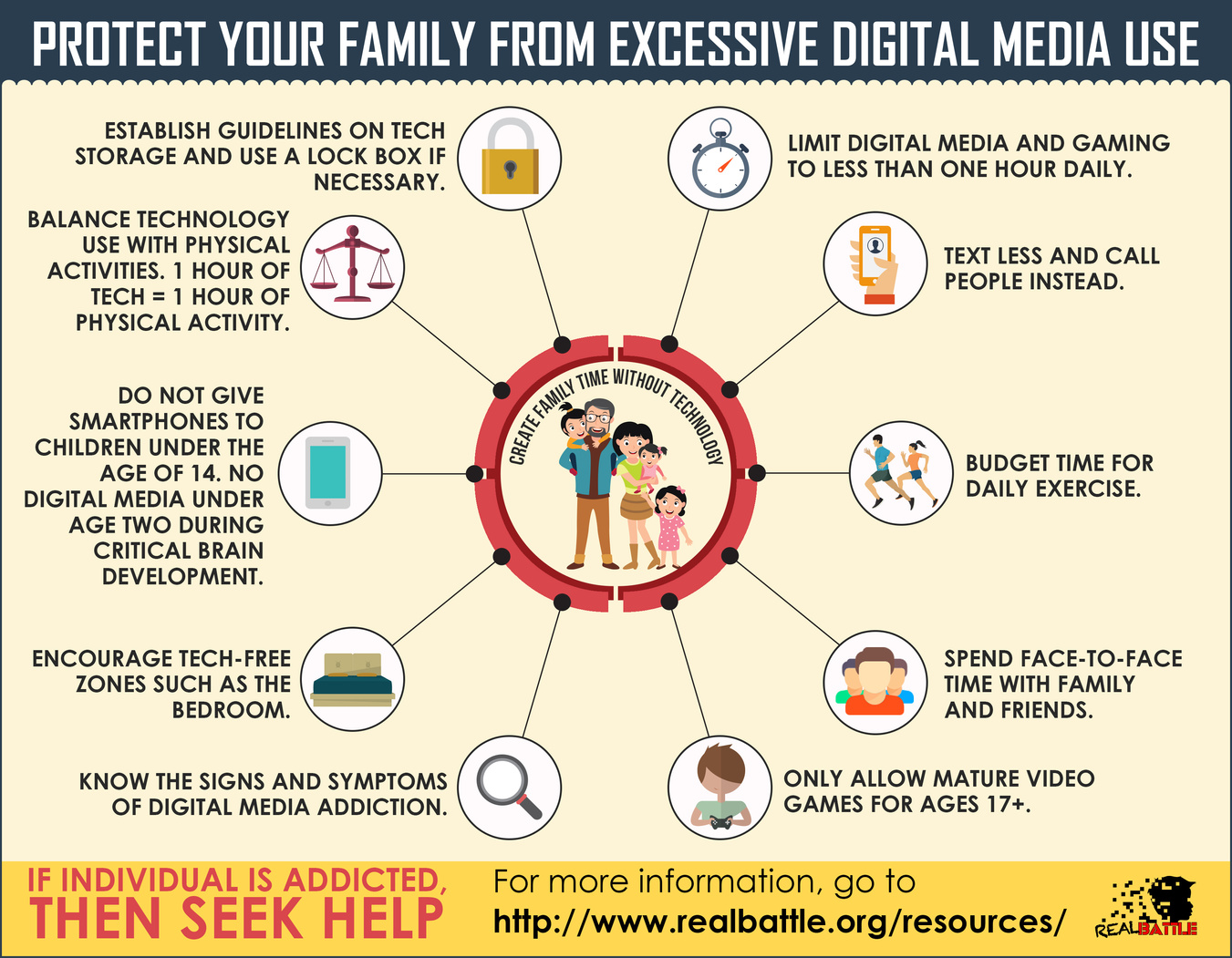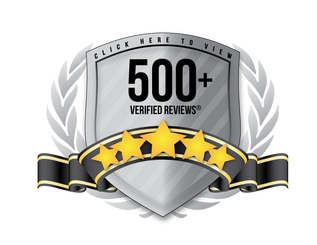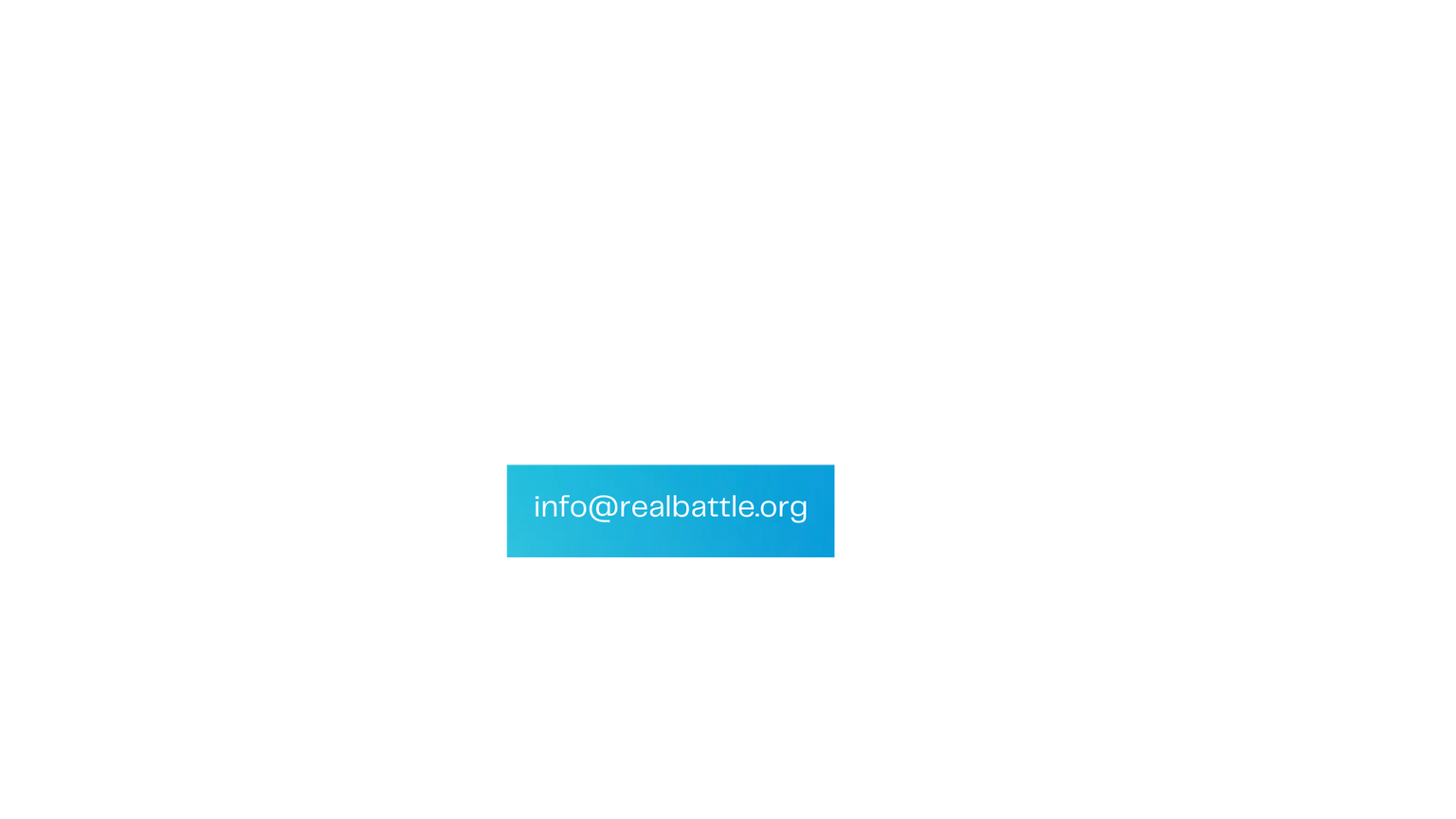
Real Battle Ministries

As much as one in eleven kids are addicted to gaming similar to drugs and alcohol, destroying their lives. To achieve success in the digital age, children must learn to manage their time and conflict with personal technology use, which includes gaming, social media, and smartphones. Time management in the digital age is difficult. The Real Battle is managing time, avoiding digital distractions, and focusing on God-given purpose. We educate about the management of gaming, social media, and cell phone texting.
Boys and young men love video games and pornography. Males are designed to fight battles and seek love. Girls and young women seek relationships and social interactions. When they are unable to discover purpose and love in real life, millions are turning to video games and online distractions. There is a growing number of underachieving kids and young adults, and the Real Battle is stopping this horrendous phenomena. Success and health depends greatly on how the brain is nurtured and the experiences the child is exposed to. We provide the medical and scientific evidence for providing the ideal environment for children.
What’s the problem?
“Gaming disorder is defined in the 11th Revision of the International Classification of Diseases (ICD-11) as a pattern of gaming behavior (“digital-gaming” or “video-gaming”) characterized by impaired control over gaming, increasing priority given to gaming over other activities to the extent that gaming takes precedence over other interests and daily activities, and continuation or escalation of gaming despite the occurrence of negative consequences. For gaming disorder to be diagnosed, the behavior pattern must be of sufficient severity to result in significant impairment in personal, family, social, educational, occupational or other important areas of functioning and would normally have been evident for at least 12 months.”
- The World Health Organization
Researchers estimate that between 1.7% to 10% of gamers in the U.S. could be considered addicted to video gaming. Given that there are approximately 227 million gamers in the U.S. in 2023, this would mean that potentially between 3.86 million (1.7% of 227 million) and 22.7 million (10% of 227 million) individuals might be grappling with gaming addiction. There are about 3.09 billion gamers in the world. Applying these percentages to the global context would yield an estimate of addicted gamers ranging from about 52.53 million (1.7% of 3.09 billion) to a staggering 309 million (10% of 3.09 billion) globally. These numbers highlight the need for awareness and resources to address potential gaming-related issues.

The Positives of Gaming
Video games hold a complex place in modern culture, acting as both digital salves and potential vices. When played in moderation, approximately 1 to 2 hours daily, video games offer a range of health benefits. They have been shown to reduce the perception of pain during intense medical procedures like burn treatments and even during labor. Additionally, strategic and problem-solving game elements can enhance mental cognition, offering a reprieve from depressive symptoms and improving hand-eye coordination.
However, when played too much, there are negatives. Even water is lethal if ingested in large quantities. Scroll down for more information.
The Negatives of Gaming
The flip side of this digital coin reveals a more concerning picture. Excessive gaming can lead to a variety of mental health issues, including ADHD, depression, anxiety, mood disorders, and autistic symptoms known as “virtual autism”. It can disrupt normal sleep patterns, leading to significant sleep deprivation and violent tendencies. Perhaps most notably, the immersive and often rewarding nature of video games can lead to addiction, where the game world takes precedence over real-life responsibilities and relationships. This dichotomy positions video games as a digital drug—a source of both therapeutic relief and potential dependency. It's crucial for players to find a healthy balance to harness the benefits of gaming while avoiding its pitfalls.
Dr. Victory Dunckley (a pediatric psychiatrist), Dr. Jeffrey Hansen (a pediatric and adolescent psychologist), Dr. Andrew Doan (ophthalmologist, neuroscientist, and aerospace medicine physician), and many others have observed the above symptoms resolve as early as one month after a digital fast is started. The younger the child, the more robust the response to the digital fast.

Digital Fast
*If you or the person you are trying to help with their digital media addiction is violent or may hurt themselves or others, then seek professional help. Do not try to deal with digital media addictions alone. Digital media include: video games, social media, streaming movies, internet porn, and anything facilitated by the digital screen causing dysfunction in multiple areas of a person’s life.
- Connect with like-minded individuals in our moderated private Facebook Group.
- Try first a digital media fast at home. Drs. Hansen and Doan outline a digital fast in their book. Dr. Doan explains the digital fast in this video.
- Work through our workbook written for teens and families: Digital Vortex Survival Guide.
- We also recommend Dr. Doan’s book: Hooked on Games.
- If in-home digital media fast fails, then consider sending your teen or your young adult to a residential recovery program like reSTART, Teen Challenge (for adults), and Omega Recovery.
Find a Certified Parent Coach through the Parent Coaching Institute here: http://www.thepci.org/findcoach/


"Awesome. So glad you spoke to the kids also. My 15 year-old daughter is having severe anxiety issues, and I am very suspicious that all the "homework" is not homework. I'm looking forward to our conversation about this."
"We weren't sure what to expect but was pleasantly surprised. The personal stories were so helpful. The medical info was clear and understandable. Thank you so much!"
"Very thought provoking. Thank you! Appreciated the extensive answers and the fine solutions during the question and answer session!!"
"Lots of great food for thought! Your information helped clarify some things to address and how to approach them in an educated, caring fashion."
"Dr. Doan combines research with personal experience and gives an incredible and timely presentation. An incredible wake up call for parents of teens."
Nick Doan - Dr. Doan’s Son
Nick Doan's journey from gaming addiction to becoming a top runner illustrates the transformative power of unplugging from digital distractions and pursuing real-life goals. In his early years, Nick struggled with a gaming addiction, mirroring his father's similar issues, which contributed to the near-dissolution of his parents' marriage. As a coping mechanism, Nick delved deeper into gaming. His family reunited and collectively decided to change their path.
This decision led Nick to discover his talent in running. Initially, he faced challenges like adjusting to racing with oversized shoes, but his perseverance paid off, and he quickly rose to become one of the top runners in the country. His achievements in running, including leading his high school team to a state championship and earning a scholarship at Liberty University, are a testament to his dedication and hard work.
Nick's transformation was spurred by a significant reduction in his gaming time, enforced by his parents, which initially caused anxiety but eventually led to renewed interest in school and extracurricular activities. This shift not only improved his academic performance but also unveiled his exceptional athletic abilities. Nick's story concludes with him training to be a plumber in Lynchburg, VA (https://www.drainboysllc.com), showing a well-rounded development from a gaming-obsessed teenager to a successful athlete and a focused professional.
The conclusion from Nick's story is clear: Unplugging from excessive gaming and media can open new doors to personal growth, academic success, and the discovery of hidden talents. Nick's journey demonstrates how stepping away from digital distractions allows individuals to explore their potential, achieve excellence in their interests, and lead a more balanced and fulfilling life. Nick’s testimony on YouTube.

Contact Us and Donate
Real Battle Ministries is a 501(c)3 educational organization that offers information, research, support and practical help for parents and children on the issues of technology overuse and video game addiction in order to maintain a balance between technology use and productive activities needed to grow and succeed. Our mission is to raise awareness on the issues surrounding video game addiction and technology overuse conflict in the home.


